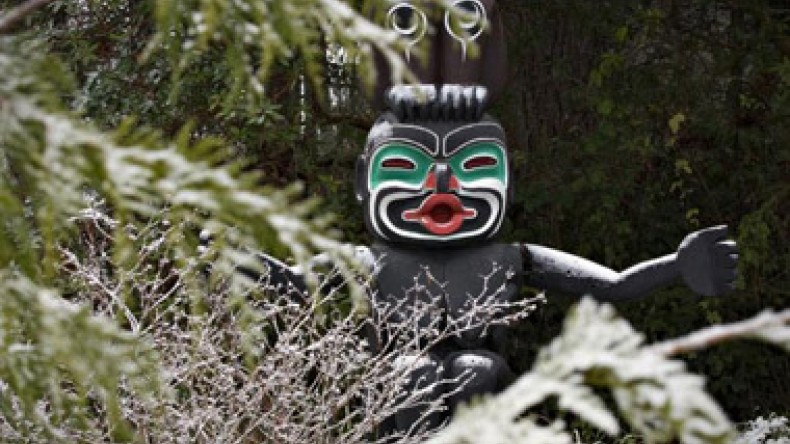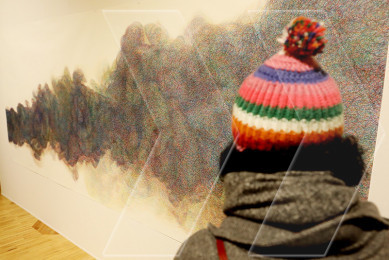
Belief in God linked to tough environments with poor access to food and water
"A lot of evolutionists have been busy trying to bang religion on the head,” said Dr. Russell Gray. “I think the challenge is to explain it.” In keeping with this strong opinion, Gray, a founding director of the Max Planck Institute for History and the Sciences, and a team of co-researchers at the National Evolutionary Synthesis Center conducted a study which suggests in its conclusion that societies formed in poor environments (with less access to food and water) are more likely to believe in moralizing, high gods. Like particular physical adaptations, these scientists believe, a moralizing religion may be necessary to help people prosper in inhospitable habitats, Medical Daily reports.
What’s a moralizing, high God?
“The concept of a moralizing, high god is the idea that there’s a supernatural being (or beings) that has created or governs all of reality,” Dr. Carlos Botero, an evolutionary ecologist at North Carolina State University, told Medical Daily. Such a supernatural being, he further explained, “cares about how human beings behave and enforces moral rules.” Generally, moralizing religions highlight sin and penance and emphasize the proportionality of deeds and supernatural rewards, while also espousing some version of the Golden Rule — treat others as you would have them treat you.
“There’s also quite a bit of research showing a link between belief and social behavior,” Botero told Medical Daily. “For instance, belief in high gods reduces levels of cheating and increases sharing and fairness.” Additionally, past scientific studies have supported the connection between belief in moralizing gods and group cooperation. While such studies have shown these beliefs to be more prevalent among societies which, among other factors, have higher levels of political complexity and greater norm compliance, Botero and his co-researchers wondered whether there might be an ecological link as well. Does a belief in moralizing high gods walk hand in hand, so to speak, with certain types of environment?
“There have been some attempts in the past to answer this question,” Botero told Medical Daily, “but unfortunately those studies did not have availability of the data we have now.” Seeing a gap to be filled, he and his co-researchers set to work.
Together they gathered historical, social, and ecological data on 583 societies. To obtain sociological information, the team searched the Ethnographic Atlas — an electronic database of more than a thousand societies from the 20th century. Notably, the researchers used high-resolution global datasets for variables such as plant growth, precipitation, and temperature, instead of relying on rough ecological estimates in the manner of previous research studies. The worked hard to gather and assemble facts on agricultural practices, animal husbandry, and the presence of religious beliefs, among other characteristics.
After collecting the raw data, the team next conducted a systematic analysis. Soon they discovered the global distribution of beliefs in moralizing, high gods could be explained by the combined effects of spatial proximity, political complexity, ecology, animal husbandry, agriculture, and language origin. The researchers' resulting model, which is unprecedented in terms of scope, methodology, and data access, "has a really great ability to predict whether a society believes in a moralizing high god," according to Botero. In fact, the model predicts the global distribution of beliefs in moralizing high gods with an accuracy rate of 91 percent.
“The overall picture is that these beliefs are ultimately shaped by a combination of historical, ecological, and social factors,” Botero said. Interestingly, after plotting the ethnographic data for religious societies, Botero found their distribution to be similar to a global map of cooperative breeding in birds.
Cooperative breeding, which occurs in about three percent (or nearly 300 species) of birds, is communal rearing — when birds other than just the mother or father feed and protect their young. “It has been clear for a while that cooperation among animals tends to occur in environments that are more variable and unpredictable,” Botero told Medical Daily.
Apparently, humans may follow similar behavior patterns if their adoption of religious beliefs is taken as evidence of greater cooperation. "When life is tough or when it's uncertain, people believe in big gods," Gray said.
Newsfeed
Videos






























